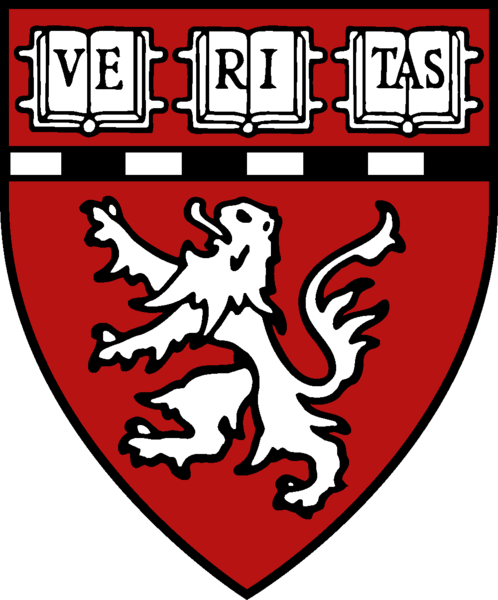Congratulations to Paula Sanchez Lopez for the successful defense of her thesis!

An intracranial EEG study on human short-term memory. Paula Lopez Sanchez. EPFL. 2022. PDF
Short-term memory (STM) is an essential brain capacity in our everyday live. STM allows us to store and maintain information in our memory for a short period of time. To study STM, we an-alyzed human intracranial EEG (iEEG) recordings of 20 epileptic patients while playing a classic matching card memory game. The memory game was a highly dynamic task in which subjects were initially presented with covered images on a board and were instructed to flip any two images each time, until all matching pairs were found. Hence, subjects had to keep track of the tiles’ in-formation in STM, allowing us to study how neural activities may track STM processes. We used the gamma band power as a proxy of neural activity, and we leveraged generalized linear models to simultaneously assess the relative contribution of multiple parameters to the neural responses. We found neural activities that contained information about non-associative or associative STM processes. Neural responses involved in non-associative memory encoded whether a tile was novel or familiar to the participants. Associative-memory neural activities could predict the correct re-trieval from memory of a tile’s pair location. Our analysis also revealed brain locations involved in object-category recognition. We found neural responses that encoded both the image category of the visualized tile and novelty or familiarity with the tile. In contrast, most of the electrodes that encoded successful retrieval of the tile’s pair were not selective to specific image categories. To our knowledge, it is the first time that human neural responses involved in both subtypes of STM processes and object recognition have been studied under the same experimental paradigm.



